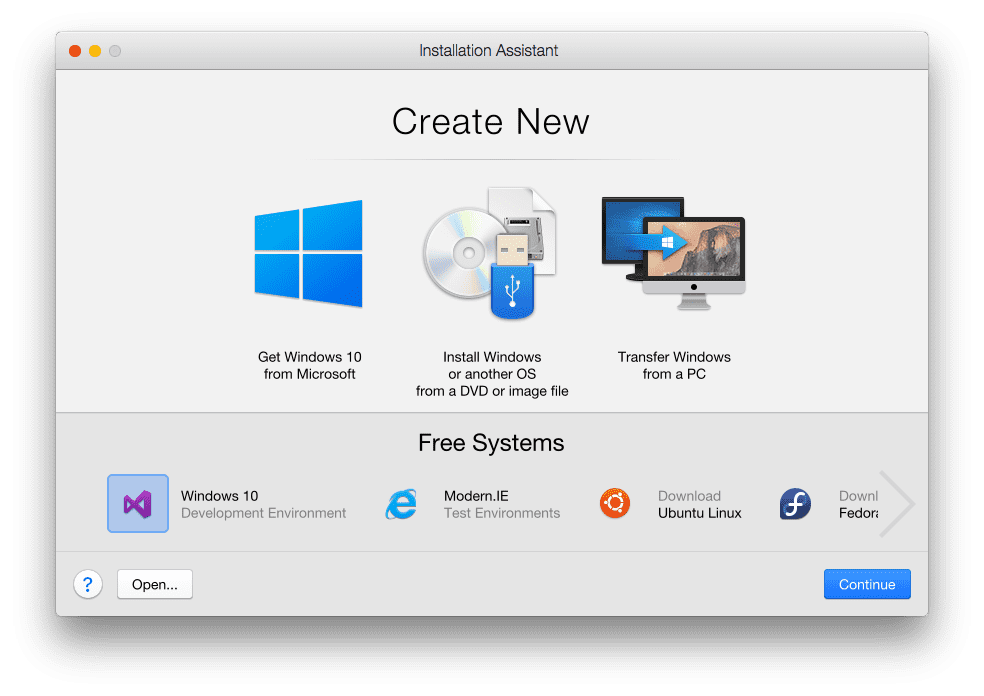

Resources: irq:144 memory:dc100000-dc101fffĬapabilities: ethernet physical tp mii 10bt 10bt-fd 100bt 100bt-fd 1000bt 1000bt-fd autonegotiationĬonfiguration: autonegotiation=on broadcast=yes driver=r8152 driverversion=v1.09.9 duplex=full link=no multicast=yes port=MII speed=1Gbit/s WARNING: you should run this program as super-user.Ĭapabilities: bus_master cap_list ethernet physical wirelessĬonfiguration: broadcast=yes driver=iwlwifi driverversion=4.15.0-Ģ2-generic firmware=34.0.1 ip=10.4.26.243 latency=0 link=yes multicast=yes wireless=IEEE 802.11 Thus I tried to understand what was happening and I used a couple of different commands: ~$ lshw -C network Going into the settings/Network parameters, I don't see anything about wired connection (only VPN and proxy).

When I start my computed I don't even get the wired network icon. First off, I must say that the wifi connection is working fine. Sudo chmod 640 /etc/odoo-server.I recently upgraded to ubuntu 18.04 but I'm facing issues with the wired connection. Sudo su root -c "printf 'addons_path=/odoo/odoo-server/addons\n' > /etc/nf" Sudo su root -c "printf 'logfile = /var/log/odoo/odoo-server.log\n' > /etc/nf" Sudo su root -c "printf 'xmlrpc_port = 8069\n' > /etc/nf" Sudo su root -c "printf 'admin_passwd = admin\n' > /etc/nf"
#Ubuntu 18 on parallels 13 password
Sudo su root -c "printf ' \n This is the password that allows database operations:\n' > /etc/nf" Sudo chown -R odoo:odoo /odoo/* Step 12 : Create server config file Sudo git clone -depth 1 -branch 13.0 Step 11 : Setting permissions on home folder Sudo chown odoo:odoo /var/log/odoo Step 10 :Install ODOO
#Ubuntu 18 on parallels 13 install
Sudo apt-get install python-gevent -y Step 9 : Create Log directory Sudo apt-get install python-pypdf2 python-dateutil python-feedparser python-ldap python-libxslt1 python-lxml python-mako python-openid python-psycopg2 python-babel python-pychart python-pydot python-pyparsing python-reportlab python-simplejson python-tz python-vatnumber python-vobject python-webdav python-werkzeug python-xlwt python-yaml python-zsi python-docutils python-psutil python-mock python-unittest2 python-jinja2 python-pypdf python-decorator python-requests python-passlib python-pil -y Step 7 : Install Python PIP Dependencies Sudo apt-get install libsasl2-dev libldap2-dev libssl-dev -y Sudo apt-get install libxml2-dev libxslt1-dev zlib1g-dev -y Sudo apt-get install wget git bzr python-pip gdebi-core -y


Sudo apt-get install python3 python3-pip python3-suds -y Sudo ln -s /usr/local/bin/wkhtmltoimage /usr/binĭifferences Between Odoo 13 Community and Enterprise Sudo ln -s /usr/local/bin/wkhtmltopdf /usr/bin Sudo su - postgres -c "createuser -s odoo" 2> /dev/null || true Step 5 : Install Wkhtmltopdf Sudo apt-get install postgresql -y Step 4 : Create odoo user for postgreSQL Sudo adduser -system -quiet -shell=/bin/bash -home=/home/odoo -gecos 'ODOO' -group odoo To install Odoo 13 on Ubuntu 18.04 you just follow the below steps. This guide covers the steps necessary for installing and configuring Odoo for production using Git source and Python virtual environment on an Ubuntu 18.04 system. If you want to have more flexibility such as running multiple Odoo versions on the same system then you can either use docker and docker compose or install Odoo in a virtual environment. The easiest and quickest way to install Odoo is by using their official APT repositories. There are several ways to install Odoo depending on the required use case.


 0 kommentar(er)
0 kommentar(er)
